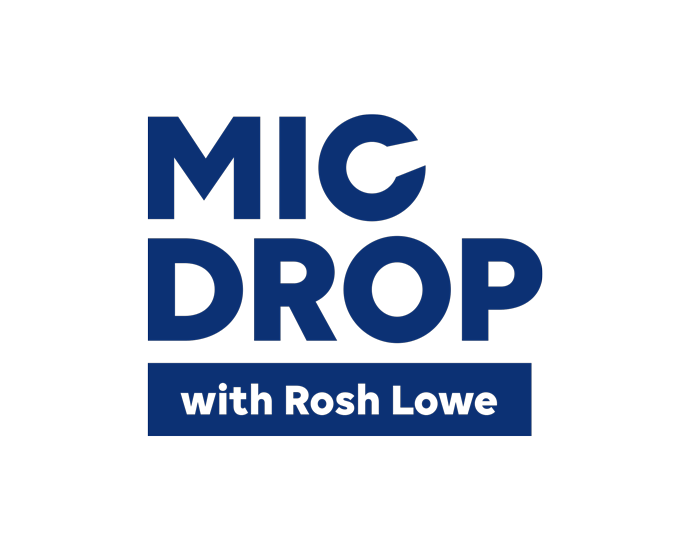by Nathalie Cohen
Self-expression. From the moment we first start expressing ourselves by using words we are met with a shower of applause from our parents and those closest to us. It is only later in life that we must fight to preserve those very words, as people we encounter personally and professionally attempt to stifle or silence our sense of self-expression. Why is it then that finding and preserving your voice is so inherently important not only to the way people regard you in the world but to your sense of self? According to MicDrop founder, Rosh Lowe, the answer lies in the connection between self-confidence and public speaking.
“The ability to deliver a message declares to the world that the speakers’ message matters and by extension the speaker is worthy to deliver the message. The fear of public speaking is rooted in insecurity. Once a speaker is able to battle through the fears of judgment and vulnerability they are able to rediscover what makes them special.”
Are you ready to find your voice? We asked Rosh to give us some guidelines on how to get started:
What is a “voice”?
According to Rosh, at its very core, MicDrop believes that everyone is unique, which is why our method is based on a personal mission statement, or a message. This message is intertwined with a person’s life experiences. Once a speaker is able to determine their message they will find their voice.
What do you stand for? What are your values?
As mentioned before, by finding your voice you are able to find and rebuild your self-confidence and self-esteem. This self-awareness and confidence are critical in leadership. Ask yourself what do you stand for? What are your values? Leaders stand out in corporate environments, whereas many employees fail to advance themselves at the workplace due to their fear of speaking up. They remain silent because they fear judgement and criticism, all the while missing out on opportunities to advance their career and accomplish more.
Where do you start?
An underlying premise of MicDrop is that everything that happens to a person in their life happens for a reason. Expressing your story allows the speaker to understand his or her life events, something that can have a tremendous effect on a personal level as well as a professional one. Different behaviors stem from the inability to express oneself, including passive aggressive behavior, which derives from the lack of introspection and the inability to organize one’s thoughts and feelings.
Emotion with structure is power
Finding your voice is not an easy process and can sometimes be very emotional, but it can also give you clarity. To quote Rosh, “emotion without structure is fleeting, but emotion with structure is power.” MicDrop is about self-empowerment which starts when you can stand center stage and deliver your message. That is the moment your unique voice shines bright and you regain your sense of self-expression, no matter how many people have tried to deny you of this throughout your life.




